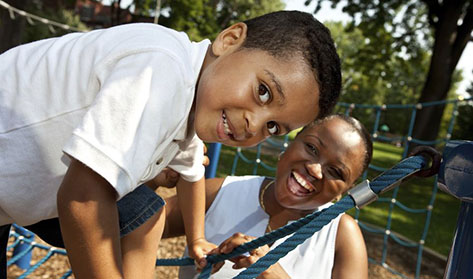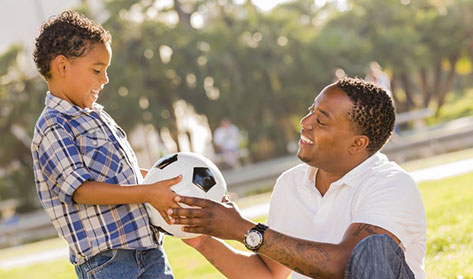When families expand with the joyful additions of children and pets, few couples consider whether they will one day part ways. Breaking up the family unit is likely the last thing on their minds. The rush to build their lives together can blind two people to the reality that a large percentage of marriages end in divorce, and the harsh realities of a divorce can hit all members of the family very hard.
If you find yourself not only facing a divorce, but also a potential custody battle for your dog, follow these tips for the best ways to handle the fight for custody of your canine companion.
- Maintain Physical Possession of the Dog
If your custody case winds up before a judge, you may find that possession plays a huge part in who gets custody of your dog. Since an animal is typically viewed as property, having the dog in your care indicates your ownership over your pet. If you allow your soon-to-be ex-spouse to take possession of the dog, he or she may attain rightful ownership in court.
No matter how much your ex may try to convince you to give him or her possession of an animal, stick to what you want. When you retain possession of the dog, you are not required to justify that decision to your ex-partner. Be consistent, or it may work against you in court.
- Prioritize the Preferences of the Children
If one parent gets primary custody of the children, it may seem unfair that they are also granted custody of the dog. However, that is often how dog custody is decided when families split up. When looking at what is in the best interests of the kids, it is undeniable that allowing things to stay as stable as possible should be a priority.
Keeping a beloved dog by their side can be helpful for children as they cope with the “new normal” after a divorce. While you should never fight over custody of the pet in front of your kids, including them in discussions about where the dog should live can be helpful, especially if you know your ex is willing to listen to what the children want.
Letting the kids decide custody of a dog improves their confidence, but you and your ex will need to cooperate with each other.
- Document Any Problematic Behavior Towards Your Dog
Although nearly every divorcing pair has high hopes of maintaining a friendly relationship, most people find that they never fully knew their former spouses until they knew what it was like to divorce them. If you suspect that your soon-to-be ex-partner is mistreating your dog out of anger or spite for you, take action to protect your pet.
Taking photos of your dog after a suspected incident is one way that you can protect your canine companion and ensue that your former partner does not end up with custody. If you have any evidence of animal abuse, it’s okay to report your ex. Unfortunately, divorce can change people, so don’t hesitate to do what you must to protect you, your kids, or your dog. On the other side of that, you may also choose to document all the positive things that you and your kids do with your dog.
- Call a Family Law Attorney for Help
Don’t take a tough situation lying down. If you are not sure what your next move should be to ultimately get custody of your canine companion, contact a family law attorney. After you retain the services of a family law lawyer, you can ensure that you are doing the most you can to increase your odds of retaining custody of your dog.
Finally, if you have any questions about pet or child custody, contact Roger Madison at the Madison Law Firm PLLC. Your initial consultation is free, and it is offered without pressure or obligations.








